This is in response to a question left on my previous blog post regarding folk metal. Folk metal, also popularly known as viking metal due to the wide usage of Norse mythology within the genre, is a genre of music that originated in the early to mid 1990s in northern Europe. The genre is characterized by the blending of the old and new: played on electric guitars and drums and bagpipes and wood flutes, sung in extinct tongues and the current global language (English), and with lyrics drawn from millennia-old myths — all put to metal rhythms and loud vocals.
I was introduced to the genre about four or five years ago by my best friend and fellow Kinist (shout out to Kyle) who showed me a DVD of a live concert by Ensiferum. Since I was not a big fan of metal at the time, it took me awhile to get into the music; however, once I read the lyrics and gained an understanding of the organic European nature of the genre, it quickly became one of my favorites. It was actually through listening to viking metal songs that I was first introduced to and came to gain a great appreciation for Norse mythology. In addition to dealing with mythology, many songs and albums are based on European history — everything from the Roman invasion of Scotland, to Viking expeditions, to Swedish succession struggles, to Gaulish uprisings, to the rise of Caesar, to fighting the Ottomans in the Balkans, and much more. A good number of folk metal songs are sung in languages other than English, which is a great way to get exposure to the beauty of other European languages. Due to the distinctly European nature of the music’s themes, the fans of viking metal are almost exclusively white; additionally, they also tend to be much more nationalistic than the rest of the population. Whether this is because songs extolling the greatness of a people and their heritage naturally attract nationalistic people, or because these songs inspire such feelings in those who listen to them, I couldn’t say, but I would guess that it’s probably a little bit of both.
The genre is also distinctly masculine (sorry, ladies). While this genre does include love songs and instrumentals which many women may enjoy, the majority of the songs are loud and deal with masculine themes. These themes aren’t just masculine — they’re extremely masculine and often violent. Girly boys and emo fags aren’t likely to enjoy loud songs about slaying everyone involved in killing your family, or sitting in a mead hall drinking beer, or holding a shield wall against an enemy charge, or bravely facing certain death in a last stand. Unfortunately, we live in a culture where whites are feminized and pansified, and where physical conflict is averted at all costs, especially in Christian circles. So, while the violence expressed in some viking metal songs may be shocking to some people, I view it as a positive. As men, we are called on to be the protectors of our families specifically, and of our tribes and nations generally, and sometimes this requires physical violence and killing. Violence is certainly not always the answer and should be used wisely, but the modern man’s (particularly the modern Christian man’s) unwillingness to ever use violence is one of the main reasons we are losing our countries. If you want your sons to be true men, get them to listen to viking metal in their teen years rather than pop.
The main negative with folk metal is that a good number of the bands and some of their fans are actual pagans who worship the old pre-Christian European gods. (The European paganism versus Christianity debate has already been dealt with elsewhere, so I won’t rehash it here.) It should come as no surprise that someone who actually worships Odin would be the most likely to sing songs based on Norse mythology, yet I don’t think that this fact completely invalidates the genre for a Christian. I believe that much of the material can be redeemed by treating it as a celebration of European legends, culture, and heritage. There are some very explicitly anti-Christian songs which should be avoided; however, many vaguely anti-Christian songs can be easily reinterpreted. For example, a folk metal song talking about the modern corruption and decadence, the destruction of traditional European values and culture, and the evil new religion which is responsible for it all may have been written with Christianity in mind. Nonetheless, while I do agree that the modern age is corrupt and decadent, oppose the destruction of European values and culture, and hate the new religion which is responsible for it, I know that the collapse of Christianity is the reason for the corruption and decadence, that Christianity is an integral part of European values and culture, and that the new religions responsible for our civilization’s destruction are Marxism, liberalism, and humanism. If viewed in that light, these songs can actually be a rallying cry for us. And of course, there are a great number of songs which aren’t anti-Christian at all, but simply a celebration of European identity.
Now, onto the original question by Tsar Lazar, concerning my personal preferences and recommendations regarding folk metal bands (in alphabetical order). Please keep in mind that when I make reference to “clean” or “rough” vocals, I’m talking about understandability, not profanity — folk metal is almost entirely free of profanity in its lyrics.
Alestorm
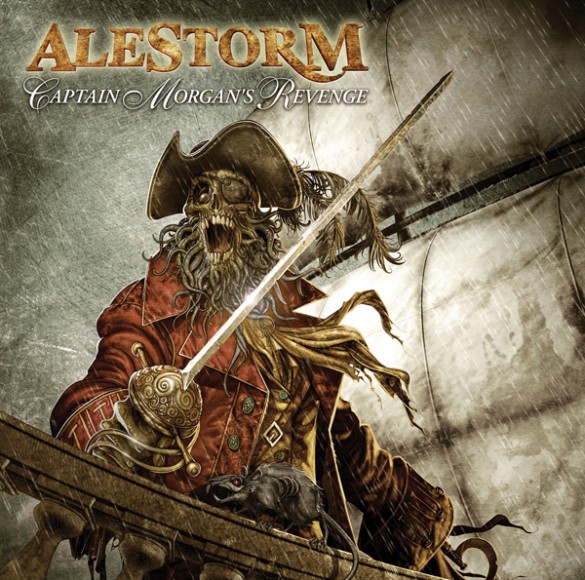
Alestorm is kind of the oddball of the bunch. They’re a Scottish folk metal band that plays “pirate metal.” Fun and enjoyable sea songs with clean vocals.
Language of songs: English
Some examples:
Alestorm – Captain Morgan’s Revenge
Amon Amarth
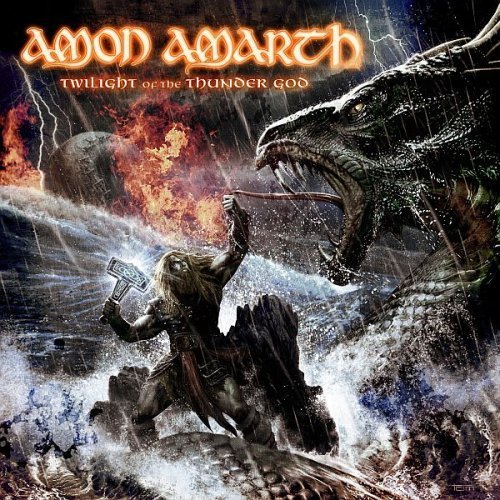
Amon Amarth is a Swedish viking metal band whose songs deal heavily with Norse mythology. They have some really great battle songs, but they also have some explicitly anti-Christian material you’ll have to look out for. I recommend their Fate of Norns, With Oden on Our Side, and Twilight of the Thunder God albums.
Language of songs: English
Some examples:
Amon Amarth – Twilight of the Thunder God
Amon Amarth – Guardians of Asgard
Amon Amarth – Runes to My Memory
Amon Amarth – Cry of the Black Birds
Amon Amarth – Free Will Sacrifice
Arkona
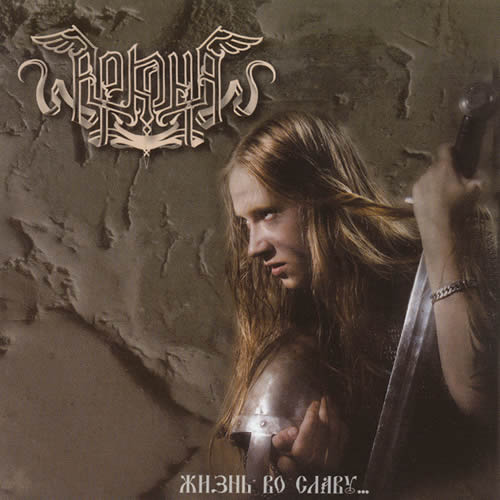
Arkona is a Russian folk metal band with a female lead singer (although in some songs you can’t tell!). Some of the vocals are a bit heavy for me, but the Slavic music is excellent.
Language of songs: Russian
Some examples:
Arkona – Pokrovi Nebesnogo Startsa
Eluveitie
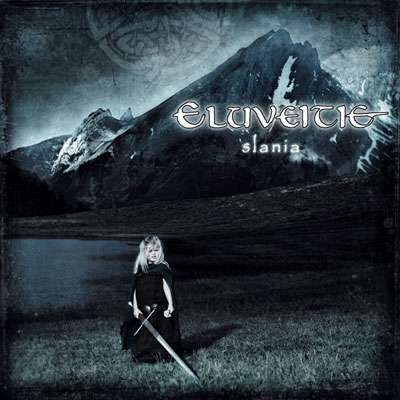
Eluveitie is a Swiss folk metal who sing many of their songs in reconstructed Gallic — the now-extinct language used by the Gauls. Sometimes the vocals are a bit rough, but the lyrics are great even if you have to Google them. They use a wide array of traditional instruments along with the modern ones.
Language of songs: English and Gallic
Some examples:
Eluveitie – Setlon (instrumental)
Eluveitie – Giamonios (instrumental)
Ensiferum
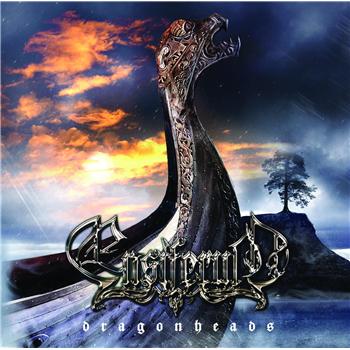
Ensiferum is a Finnish folk metal band and is probably my favorite. Clean vocals, great music, and stirring lyrics.
Language of songs: English
Some examples:
Ex Deo
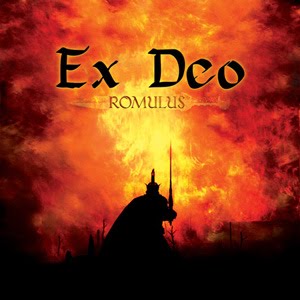
Ex Deo is a Canadian folk metal band with only one album currently released. Their album Romulus centers on the rise and glory of the Roman empire. The vocals are rough, but in the middle of the song “Cry Havoc,” the song pauses and they quote an entire passage from Shakespeare’s Julius Caesar play — and that’s just awesome.
Language of songs: English
Some examples:
Ex Deo – The Final War (Battle of Actium)
Falconer
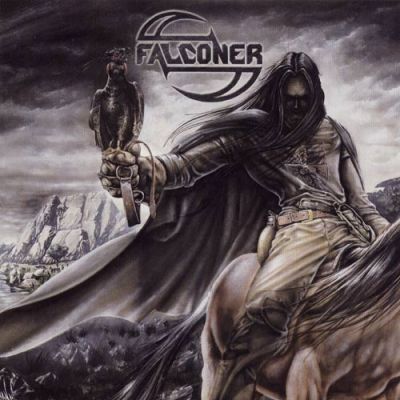
Falconer is a Swedish folk metal band whose songs deal with primarily modern decadence and medieval themes. Their album The Sceptre of Deception is especially interesting, as it traces the dynasty struggle for the Swedish throne between several brothers and the Danes and Norwegians during the late 13th and early 14th centuries. Very clean vocals, probably the least “metal” of this list.
Language of songs: English and some Swedish
Some examples:
Falconer – Decadence of Dignity
Falconer – The Past Still Lives On
Forefather
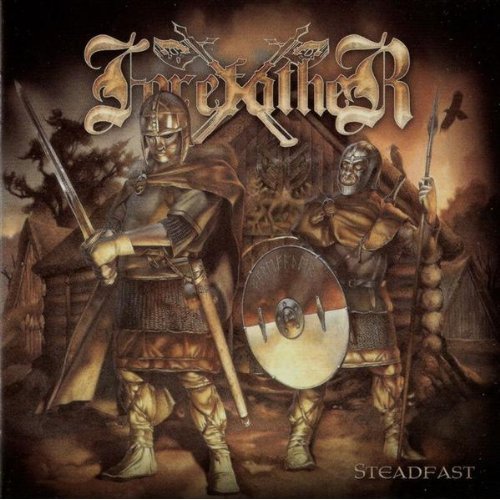
Forefather is an Anglo-Saxon folk metal band. The band is composed of two brothers who do all the vocals and instruments themselves. Songs focus mainly on the pre-Norman conquest Saxons. Vocals can be rough.
Language of songs: English and Old English
Some examples:
Forefather – When Our England Died
Heidevolk
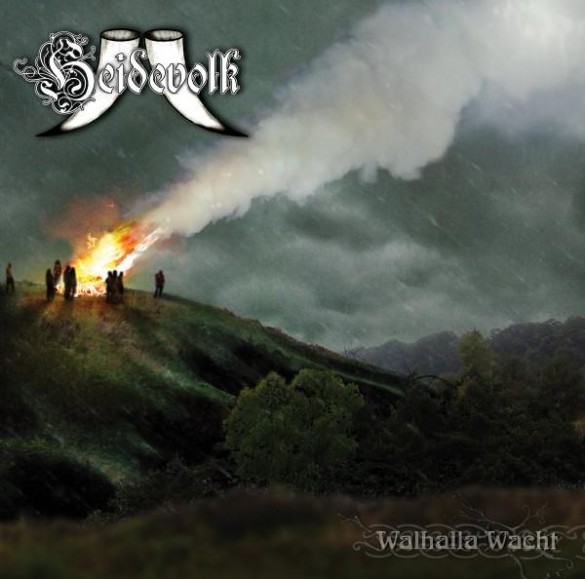
Heidevolk is a Dutch folk metal band from Gelderland area of the Netherlands. Although some of their songs are explicitly anti-Christian, since everything is in Dutch you can’t really tell. Terrific music, and I love their use of horns.
Language of songs: Dutch
Some examples:
Hedievolk – Het Bier Zal WeerVloeien
Heidevolk – Het GeldersVolkslied
Heidevolk – Dageraad (instrumental)
Korpiklaani
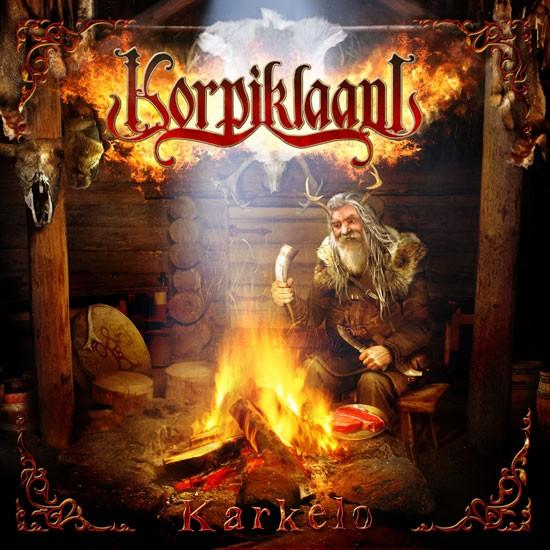
Korpiklaani is a Finnish folk metal band that describes themselves as “old people’s music with heavy metal guitars.” Many of their songs involve alcohol in some way.
Language of songs: English and Finnish
Some examples:
Korpiklaani – Keep on Galloping
Manowar
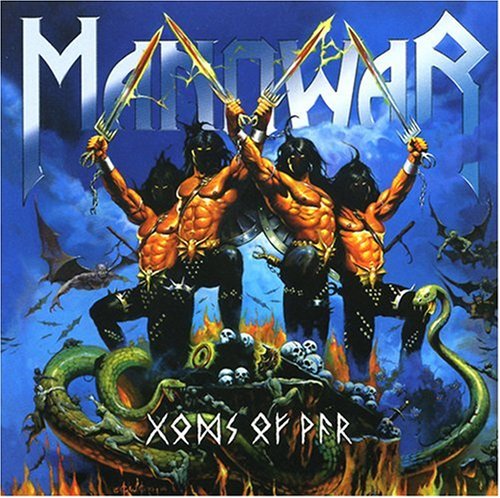
The oldest band on the list, Manowar is an American heavy metal band that formed in 1980. Over time their music has become increasingly folkish, as their last two albums Gods of War and Thunder in the Sky are definitely folk metal.
Language of songs: English
Some examples:
Manowar – Hymn of the Immortal Warriors
Suidakra
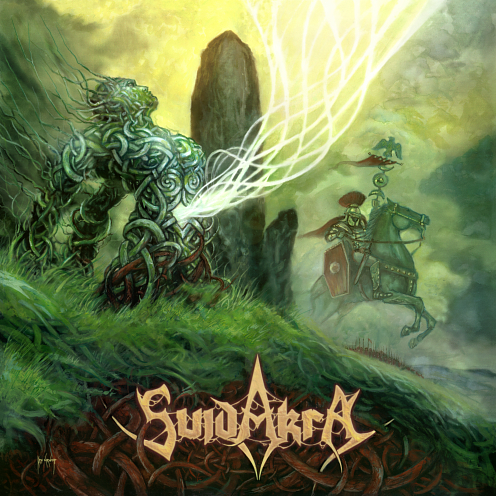
Suidakra is a German metal band with Celtic influences. Their last three albums are folk metal. Songs from the Caledonia album include bagpipes and tell the tale of the Roman invasion of Scotland.
Language of songs: English
Some examples:
Turisas
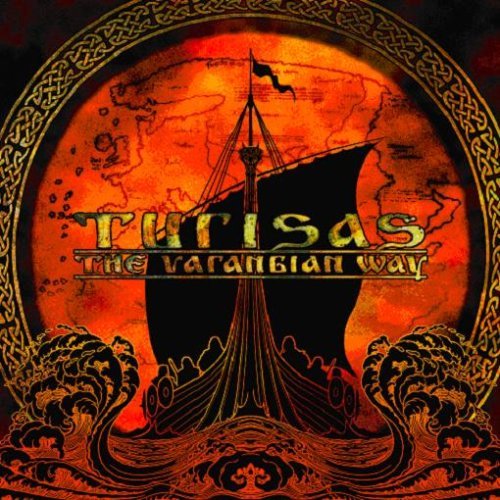
Turisas is a Finnish folk metal band which is well known (besides their music) for wearing heavy warpaint and dressing in viking clothing at their concerts. I’m not a big fan of their first album (it had some explicitly anti-Christian stuff if I remember correctly), but their second album The Varangian Way is a true work of art. The Varangian Way tells the story of a Viking expedition making its way south into Russia to Kiev and then onto Constantinople to join the Varangian Guard (the Viking bodyguards of the Byzantine emperors). It is loosely based off of part of King Harald Sigurdsson’s life — the last great Viking king.
Language of songs: English
Some examples:
Turisas – To Holmgard and Beyond
Týr
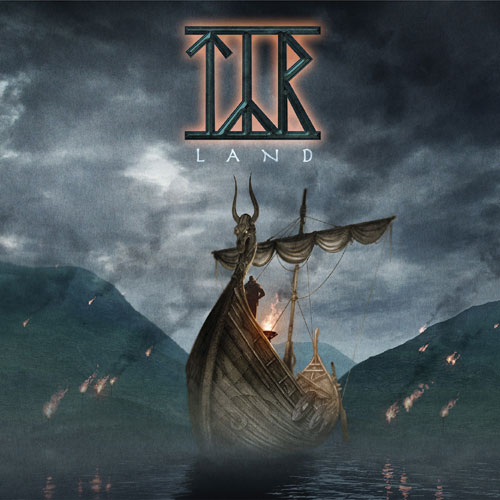
Týr is a folk metal band from the Faroe Islands to the north of Scotland. Half of their songs are in Faroese, which is very closely related to Old Norse and very cool to listen to. Unfortunately, some of their songs are explicitly anti-Christian. Clean vocals, terrific music.
Language of songs: English and Faroese
Some examples:
I didn’t really click with these bands’ music, yet I have a lot of friends who like them, so they get an honorable mention:
Finntroll (Finnish)
Moonsorrow (Finnish)
Primordial (Irish)
Wintersun (Finnish)
| Tweet |
|
|
|





